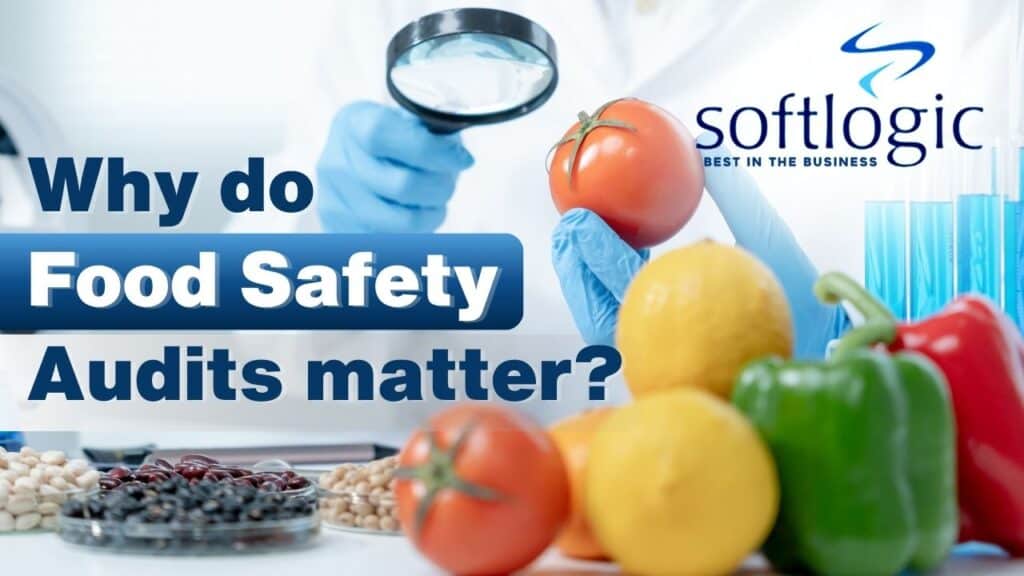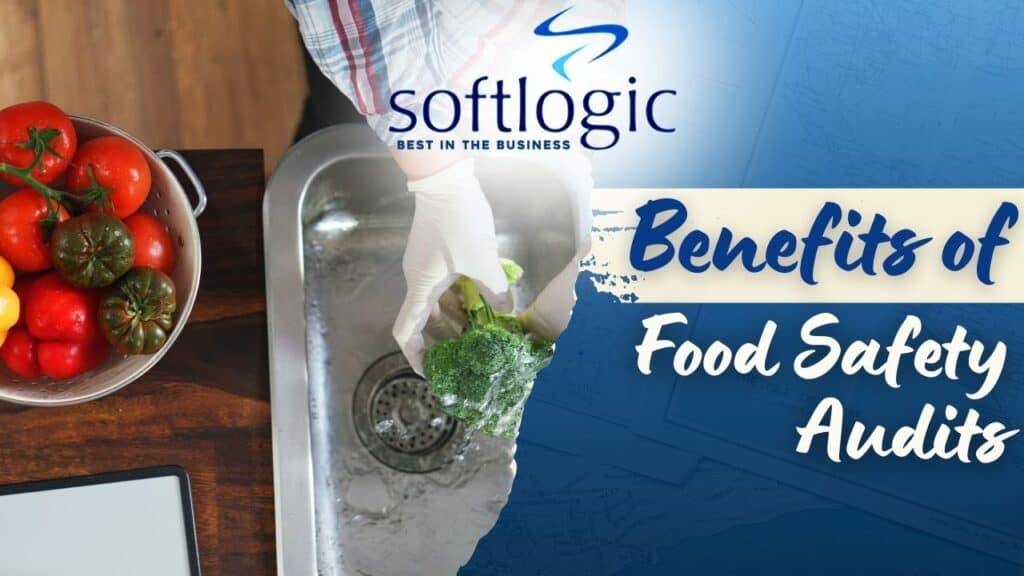Food safety has progressively become vital in today’s food industry. A well-executed food safety audit is a critical tool to ensure that your company or organisation adheres to set food safety standards. The increased interest of consumers regarding food safety awareness, triggered mainly by the large-scale food scandals, has enabled the food safety assurance sectors to develop and progress a variety of food safety and quality standards.
Therefore, By identifying potential risks and ensuring compliance with regulations, food safety audits can help protect public health and safeguard your business reputation.

Why do Food Safety Audits matter?
There are several reasons that contribute to why food safety audit matters in today’s food industry, including,
- Consumer Health Protection: They help ensure that the food products you produce or serve are safe for consumption.
- Regulation and Assent: They assist you in adhering to state, local, and food safety laws.
- Brand Reputation: You may increase consumer trust and brand recognition by implementing a food safety program.
- Risk detection: You can reduce the chance of diseases and product inspections by recognizing and resolving possible dangers.
Key areas to focus on during a food safety audit?
Below are some of the arena that should be focused and covered during a food safety audit:
- Personnel Hygiene
- Sanitation and Cleaning
- Temperature Control
- Pest Control
- Food Storage and Handling
- Traceability
- Allergen Control

Benefits of Food Safety Audits
Food Safety Audits caters several benefits,including,
- Enhanced Consumer Confidence:
Regular audits show a commitment to food safety and quality, enhancing trust among consumers. A strong food safety program, backed by audits, can safeguard a brand’s reputation in the event of illness outbreak.
- Regulatory Compliance:
Audits help identify areas of non-compliance with regulatory standards, allowing for corrective actions to be taken before penalties are imposed. Moreover, auditors can provide insights into the latest regulatory changes, ensuring businesses stay ahead of the curve.
- Risk Identification:
Audits help identify potential hazards in the food production process, allowing for preventive measures to be implemented. By addressing risks, businesses can significantly reduce the likelihood of illnesses and product recalls.
- Improved Operational Efficiency:
Audits can highlight inefficiencies in workflows, leading to streamlined operations and cost savings. By identifying areas of improvement, businesses can use resources more effectively.
- Continuous Improvement:
Audits provide valuable data to inform decision-making and drive continuous improvement. By setting clear goals and tracking progress, businesses can achieve long-term success.
- Supplier Management:
Audits can help assess the food safety practices of suppliers, ensuring that they meet the required standards. Collaborating with reliable suppliers can strengthen the overall food supply chain.
- Employee Training and Awareness:
Audits can identify gaps in employee training and awareness, allowing for targeted training programs to be developed. A strong food safety culture is essential, and audits can help showcase its importance.
By addressing and identifying these key areas and benefits, you can assure for the perfect food safety audit and increase your brand’s reputation.
CTA: ‘’Tick all the boxes of food safety audits with the right food safety audit app by Soflogic! Consult today!’’